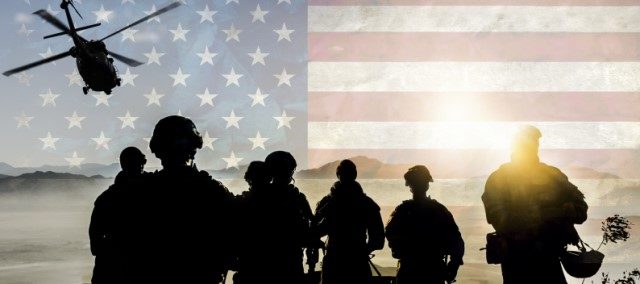“If We’re Settling In This Country, We Better Prove Ourselves”

In this latest Jack’s Books blog, I’m proud to recommend Daniel James Brown’s “Facing The Mountain”, a 2021 book about the Japanese American fighting men of the 442nd Regimental Combat Team, who served with distinction in WW2.
Fighting in places like the Vosges, Tuscany and Monte Cassino, they were the sons of parents who were held in camps across the country for detained Japanese-Americans.
One of them, Rudy Tokiwa, said this, while debating whether or not to enlist: “Say nobody volunteers out of the camps? What can [President] Roosevelt say? He can say we’re more loyal to Japan than the United States.
“As an American, it doesn’t make no difference if they throw you in a concentration camp…if you can’t stand up later and say ‘I did my share’…
“If we plan to settle in this country, we’d better be able to prove ourselves.”
What a concept—instead of measuring what the country has done for (or to) one’s people, you assume the position that the blessings of American life and liberty are to be earned, that one must be found worthy of one’s adopted homeland, instead of the other way around.
Read on for what else I’ve been into these last few weeks…
“The Modigliani Scandal” by Ken Follett (1976) One of his earliest and more uneven novels, about forgery, theft and assorted intrigue in the art world.
“The Hunter” by John Lescroart (2012) Fans of Michael Connelly and Jonathan Kellerman should read anything from Lescroart’s “Wyatt Hunt” or “Dismas Hardy” series, this being the third Hunt novel. Long-kept family secrets from Wyatt’s own past intermingle with a dangerous killer and upper-crust scandal in the San Francisco that no one writes about better than John Lescroart.
“Straight Shooter” by Stephen A. Smith (2023) As surprising a book as you will ever read. If you’re expecting a light, anecdote-filled ghost-written autobio, and I was, the ESPN host will shock you. Brutal honesty about his sad childhood, mistake-filled early years in college and sports, and his no-excuses manifesto of who he is and why he is the most bombastic, must-see man on television right now. He reveals himself with equal doses of humility and bravado, and it’s going to be hard for 2023 to top this volume.
“How To Save the West: Ancient Wisdom for 5 Modern Crises” by Spencer Klavan (2023) As I told the author on our show, this bpok is very difficult to read—in the best way. Each “crisis” gets a chapter of historical review and one of contemporary comparison. What he’s about is what is truly meant by “Western civilization”, which is both much larger and much more relevant that you’re being told. You are going to read slowly, stop to think often, and want to follow his elegant logic through every hairpin turn. Klavan is a hopeful teacher, and I finished his book a more hopeful student.
“Our Game” by John le Carre (1995) I like le Carre, but his ingredients seldom vary and can be monotonous: older man/younger lover (who is unreliable if not out and out unfaithful), tired, cynical British subject who questions his country and its traditions, etc., etc. Here, a retired intel operative named Cranmer is dragged into the mysterious disappearance of a longtime double agent who he’s also been friends with for half his life. At the same time, Cranmer’s young girlfriend, who’d been enamored of the other guy, has also disappeared. Without any spoilers, I’ll just say Cranmer isn’t going to stay retired.
“Icarus” by Russell Andrews (2002) Arriving to much fanfare and some very impressive book jacket blurbs, this was supposed to be the arrival of new master, a Robert Ludlum-type thriller writer. Instead, this book is derivative and features dippy dialog and contrived characters. It’s not a horrible read—if you find it at a garage sale or library, you’ll be entertained. Don’t expect much, and plan on figuring out who’s killing everyone around the main character about half-way through the novel. I’d be surprised if you’re surprised.
“Facing The Mountain: The Story of Japanese American Heroes in WW2” by Daniel James Brown (2021) A superbly-told story of the “little iron men”—the Japanese American soldiers who served in Europe while their families were held in camps just for being “suspected enemy aliens”. From one of the most shameful chapters of our history came one of the finest examples of what being an American can truly mean: “earning” your country instead of demanding that your country earn you. Deeply researched and steeped in oral, survivor histories, Brown takes you step by step with boys becoming men, and men who became legends in their community, and, as he points out in the epilogue, served with valor by being both proudly American and proudly Japanese.
You Might Also Like



